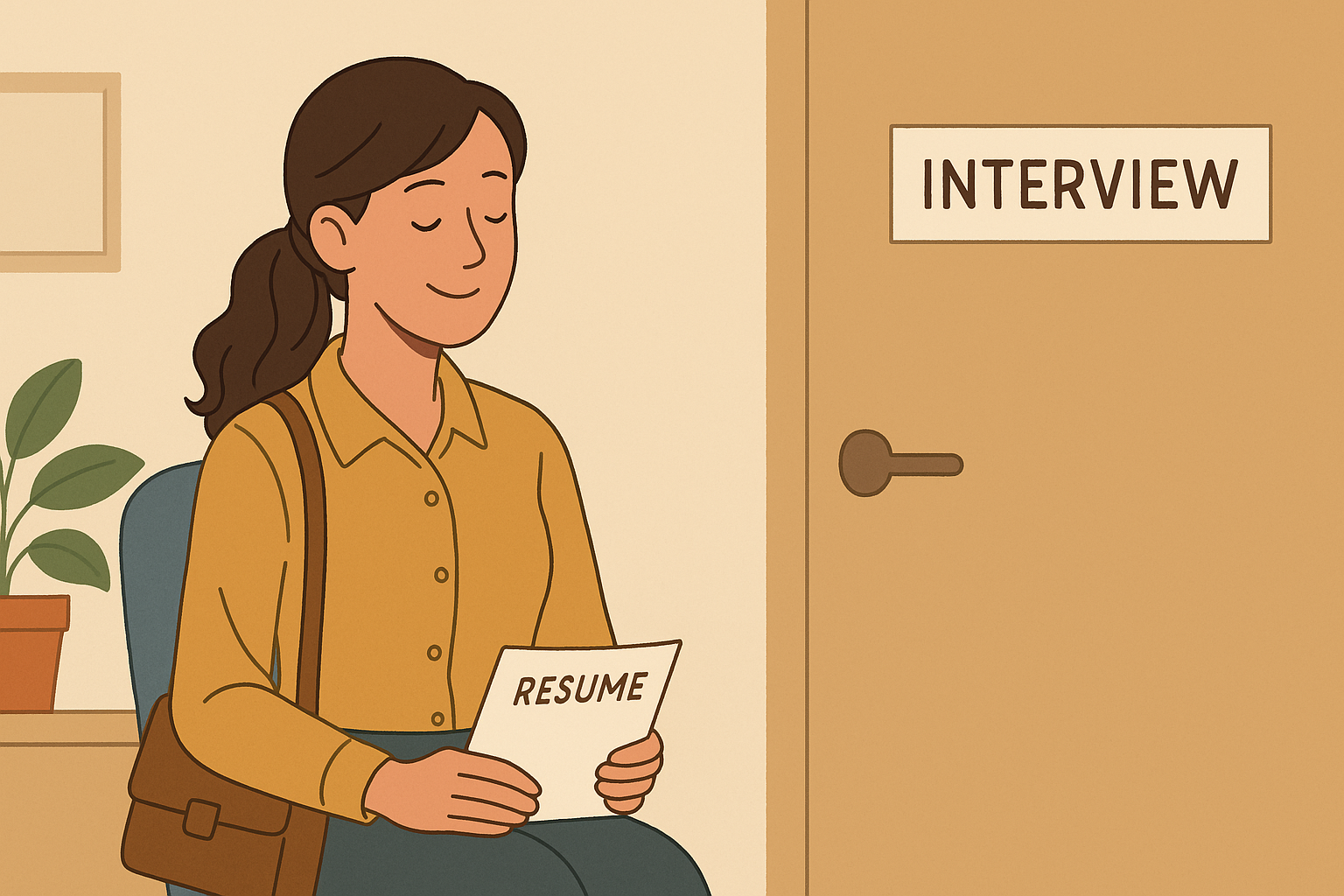7 Strategies to Master Interview Nerves

Remember that feeling as you sit in the hallway outside the interview room—heart racing, palms damp, mind spinning with worst-case scenarios?
Most of us know it all too well. An interview is part play, part audition, and part strategy session—where you're simultaneously the actor, the director, and the scriptwriter. The good news: even if you're an introvert or dread public speaking, you can master interviews and turn them into career-changing opportunities.
Below are seven proven strategies to keep nerves in check and leave a lasting impression on any hiring team.
1. Study the Company Down to the Details
"What do you know about our organization?" crops up in four out of five interviews. A vague answer like "I saw your vacancy on LinkedIn" signals minimal interest.
The fix:
- Spend an evening on the company's website and social channels.
- Read recent press releases, product launches, and blog posts.
- Identify the mission, values, and culture to see whether they align with yours.
- Bonus intelligence: skim employees' public posts on LinkedIn or X (Twitter) to gauge authentic sentiment about working there.
2. Prepare for Classic and Tricky Questions
You should have crisp answers for the standards—"Tell me about yourself," "Why us?" "Your strengths and weaknesses." For tougher prompts ("Why did you leave your last job?" or "Describe your biggest failure"), reframe every "negative" as a learning moment that made you better.
Rule of thumb: never bad-mouth a former employer. Shift the lens to growth: "I sought development opportunities that weren't available in my previous role."
3. Polish a 90-Second Self-Introduction
Craft a concise "elevator pitch" that covers:
- Snapshot of your career path.
- Two or three quantified achievements.
- Why you're excited about this position.
Example: "I'm a marketer with five years in FMCG. My last campaign raised social-media conversion by 30% and delivered €50K in incremental profit. I admire your data-driven brand strategy and would love to scale it with my performance-marketing skills."
Record yourself or rehearse in front of a mirror to sound natural rather than memorized.
4. Control Your Non-Verbal Language
Up to 70% of perceived meaning comes from body language and tone.
- Sit upright but relaxed; avoid a rigid or slouched posture.
- Maintain steady—not staring—eye contact.
- Smile genuinely when appropriate.
- Keep hands visible and calm; don't fidget with pens or phone.
- Ground yourself if nerves spike: press both feet firmly to the floor for an instant sense of stability.
5. Arrive With Smart Questions
When recruiters ask, "Do you have any questions for us?" seize the chance to show genuine engagement.
Consider:
- "How will success in this role be measured after 12 months?"
- "What major challenges is the team tackling this quarter?"
- "How does the company invest in employee learning and development?"
(Remuneration and perks can wait until you're deeper in the process.)
6. Tame Pre-Interview Anxiety
Nerves are normal—but manageable.
- Hydrate; swallowing naturally calms the nervous system.
- Use the 4-7-8 breathing method (inhale four counts, hold seven, exhale eight).
- Carry a small "anchor" object—say, a favorite pen—that reminds you of past successes.
- Visualize the absolute worst outcome (they say no). Accept it, then focus on performing your best; the stakes immediately feel lower.
Remember: recruiters want you to be the right fit. They're allies, not adversaries.
7. Master the Logistics
- Confirm address, time, and contact person; store them on your phone.
- Plan your route with cushion time for traffic or transit delays.
- Print several copies of your résumé and portfolio pieces.
- Dress one notch more formal than you suspect is required.
- Arrive 10–15 minutes early—enough to collect your thoughts and locate the restroom, but not so early that you disrupt schedules.
The Bottom Line
An interview isn't an interrogation; it's a two-way conversation to discover mutual fit. Approach it as such, and half the battle is won.
Implement these seven secrets and your confidence—and success rate—will soar. If a particular interview doesn't yield an offer, treat it as practice that sharpens your edge for the next opportunity.
Deep breath, genuine smile, and onward to that dream role—you've got this.